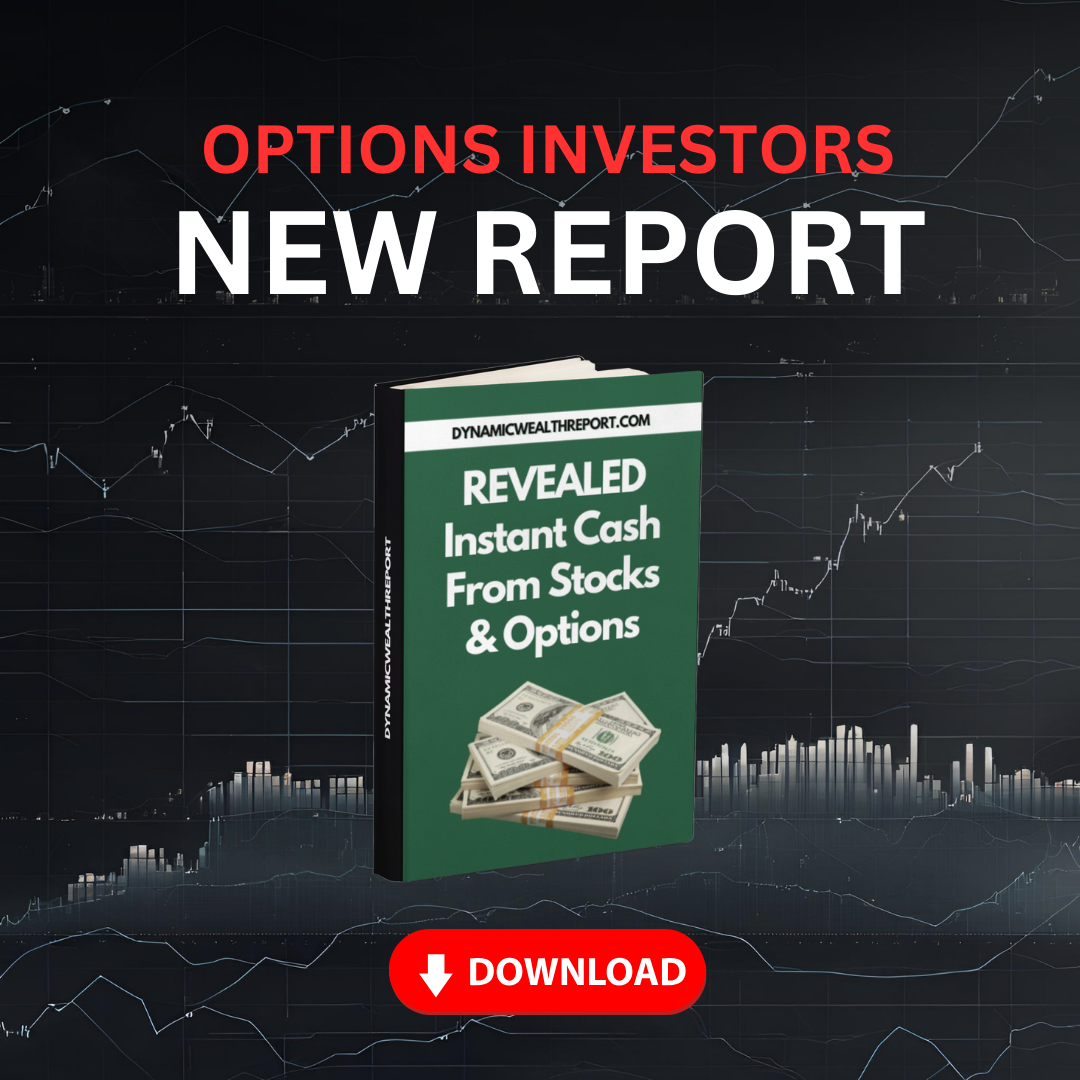Looking for a Bargain Investment, Part II
Last Wednesday, I shared one of my favorite stock market quotes with you…
When you locate a bargain, you must ask “Why me God? Why am I the only one who could find this bargain?”
Warren Buffett’s longtime partner at Berkshire Hathaway, Charlie Munger, gets the credit for that little chestnut.
If you didn’t read Wednesday’s article, Looking for a Bargain Investment, well, it was a good one – a couple decent jokes, some heartfelt commiseration about the mistakes we make as humans and investors, and a solid serving of the sage insight I’m sure you’ve grow used to from Pro Trader Today.
If you don’t have an extra 5 minutes to check out the first installment, I’ll sum it up by saying that Munger’s “bargain” quote is a trick question.
Because the very idea that something can be a bargain suggests that the thing has value that the seller either doesn’t recognize or care about.
But, millions of the smartest people in the world are focused on finding stocks that will go up in price and make them money…
So you find a stock that seems very cheap, or has assets that are underappreciated, or a unique business model…what are the odds that you’re the only one that recognizes the stock is a bargain? What is the chance that millions of smart people can’t see what you see?
That’s quite an ego trip. And that’s exactly why Munger advises us to ask “Why me God? What am I the only one who could find this bargain?”
Seems to me Munger knows exactly what the answer will be when you have the humility to ask a higher power if you’re special…
And he also knows that the answer – that none of us are special – will help you make better investment decisions.
Exhibit A: Berkshire Hathaway
Just look at the type of investments that made Munger and Buffett among the richest men in the world. Boring, household name type companies. Like Apple and Coca-cola and GEICO and Dairy Queen. The common denominator is that Munger and Buffett invest in companies that have a clear path for growing revenue and profits.
And I’ll tell you straight out: identifying companies that have a clear path for growing revenue and profits is a lot easier than finding the stock markets bargains…
So, now is probably a good idea to bring up the terms “speculating” and “investing.”
One definition of speculation is: In finance, speculation is the purchase of an asset with the hope that it will become more valuable shortly.
Whereas investing gets defined as: Whenever a person spends money with the expectation that the endeavor will return a profit, they are investing.
They sound pretty similar. Except for the words “hope” and “expectation.”
Think of it in terms of timeframe. If you’re buying a stock because it’s rallying – like AI stocks have been – and you buy it because you think the stock will keep rallying over the next few days, or weeks, that’s speculating (or trading).
Speculation is about reading the tea leaves, riding momentum, using technical analysis to make relatively quick gains from stocks.
Have Fun or Have a Plan
I’ll admit: I enjoy speculating on stocks. You may notice that at Pro Trader Today, we use charts and various technical analysis to forecast the next short-term move for both the stock market and individual stocks. Because it’s fun, and can be rewarding…
In fact I’d have to say that I enjoy speculating more than I enjoy investing. But at the same time, the vast majority of my money is invested in stocks in the S&P 500. Remember the definition above: investing is about the expectation of turning a profit.
And when you buy stock in companies that have a clear path to growing revenue and profit, the stock price will follow. That’s Charlie Munger’s message, and it’s a good one. The concept of “bargain” is not particularly useful when it comes to investing.
Take a stock like NetFlix (NASDAQ: NFLX). At this point, there can’t be much doubt that NetFlix has a clear path to higher revenue and profits. It’s a common practice to consult a stock’s Price-to-Earnings Ratio to gauge whether the stock is a bargain or not. High P/E ratios are supposed to mean a stock is expensive. Right now, NetFlix’s trailing 12 month P/E ratio is 46. That’s pretty high…
A P/E ratio tells us how much investors are willing to pay for a company’s earnings. Netflix’s P/E of 46 means that investors are paying 46 times what NetFlix earned over the last year. One helpful way to think about a P/E ratio is in terms of a buyout price. A P/E of 46 means that if you got a loan to buy NetFlix, it would take you 46 years to pay off that loan out of earnings. Assuming Netflix earnings didn’t change…
But of course, we’re talking about investing in companies that are growing revenue and profit. And NetFlix is absolutely growing its earnings, and it has a clear path to continue growing earnings (I always like to ask the question: can a company raise prices without losing customers? A “yes” answer is always a good sign).
To get a feel for how fast a company’s earnings are growing in relation to its share price, use the Price-to-Earnings Growth (PEG) ratio. A PEG ratio of 1 is kind of the gold standard. It means the company’s stock is fairly valued. NetFlix’s PEG ratio is currently 1.5 – the lowest it’s been in over a year.
Netflix is currently trading at a 52-week high around $557. You could look at the chart and think it’s expensive. The numbers say otherwise.
That’s it for me today, take care and I’ll talk to you on Wednesday,
Briton Ryle
Chief Investment Strategist
Pro Trader Today
brit.ryle@protradertoday.com
Facebook: https://www.facebook.com/ProTraderToday
X/Twitter: https://twitter.com/BritonRyle
